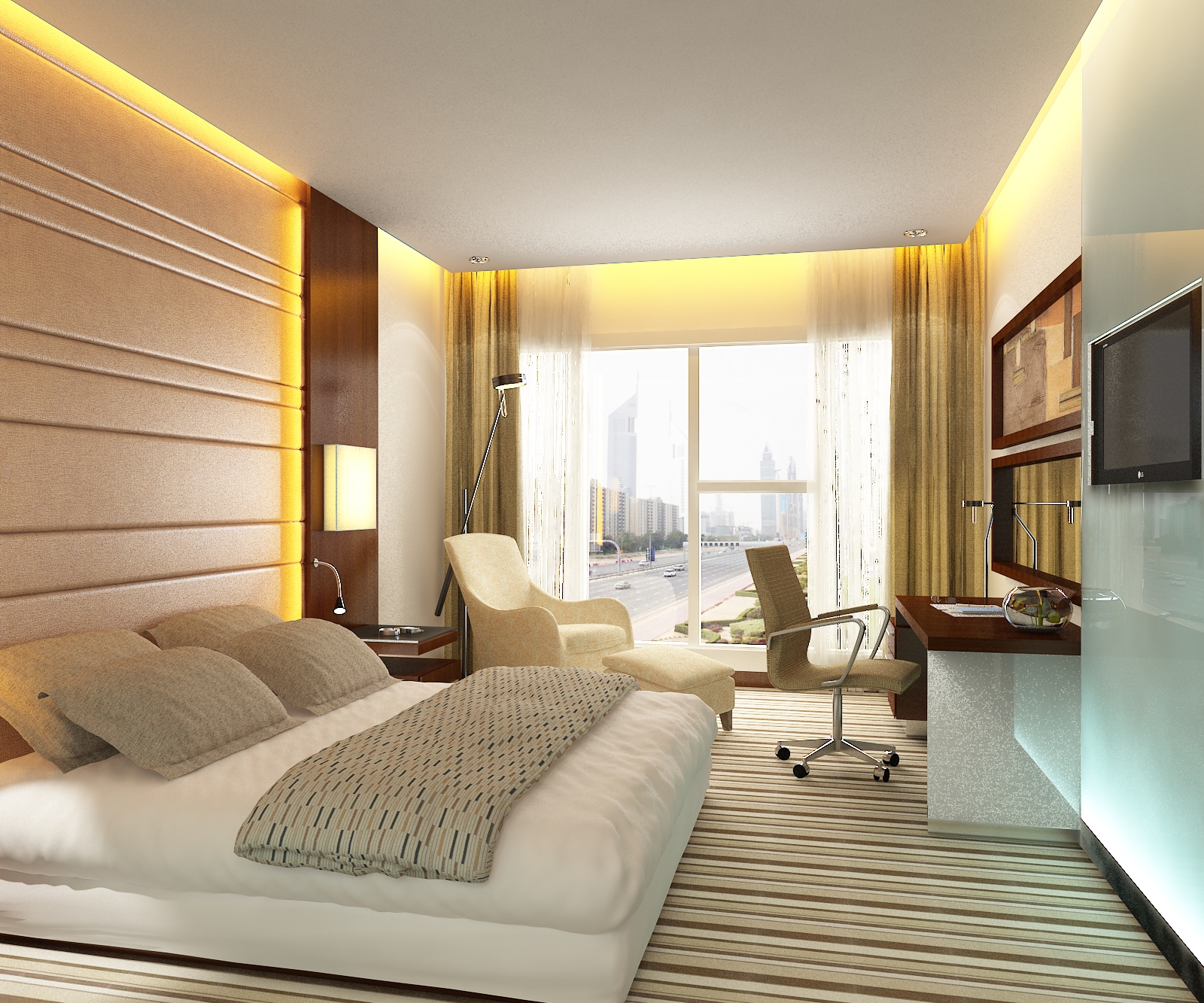Table of Contents
Introduction to Interior Design
Interior design is the art and science of improving interior spaces in order to increase their usefulness as well as beauty. Interior designers transform spaces into captivating environments that align with their clients’ needs and preferences. In India, the field of interior design is experiencing a remarkable surge due to urbanization, lifestyle changes, and the increasing emphasis on unique and personalized spaces.
Educational Pathways
To embark on a successful career in interior design, a strong educational foundation is essential. Many universities and institutions offer comprehensive degree programs in interior design. Pursuing a Bachelor’s degree in Interior Design provides in-depth knowledge of design principles, materials, and construction techniques. Alternatively, diploma and certificate courses offer focused training for those looking to enter the industry more quickly. Self-study and online resources can also supplement formal education, allowing aspiring designers to learn at their own pace.
Developing Essential Skills
Interior designers need a combination of technical and soft skills to excel in their roles. Creativity and a keen aesthetic sense are the foundation of every great design. Proficiency in design software such as AutoCAD, SketchUp, and Adobe Creative Suite is crucial for turning concepts into tangible designs. Effective communication skills and the ability to interact with clients, contractors, and vendors are also vital for bringing designs to life.
Gaining Practical Experience
Practical experience is invaluable for budding interior designers. Internships with established design firms provide hands-on exposure to real projects and client interactions. Taking on freelance projects and personal ventures allows designers to experiment with different styles and approaches. Collaborating with architects and builders fosters a holistic understanding of the design and construction process.
Building Your Portfolio
A well-curated portfolio is essential for exhibiting your abilities and attracting potential clients or companies. Include a diverse range of projects that highlight your versatility. Showcase innovative and unique designs that set you apart from the competition. Before-and-after photos demonstrate your ability to transform spaces effectively.
Networking and Industry Involvement
Networking plays a pivotal role in the success of an interior designer. Joining professional associations such as the Institute of Indian Interior Designers (IIID) provides opportunities to connect with peers, share knowledge, and stay updated on industry trends. Attending design exhibitions and conferences offers exposure to new products and ideas, while connecting with established designers can open doors to mentorship and collaborations.
Navigating the Job Market
The job market for interior designers in India is diverse and dynamic. Design studios, real estate companies, and construction firms are always on the lookout for skilled professionals. Consider specializing in residential, commercial, hospitality, or other design niches to stand out. With the right skills and a compelling portfolio, you can find rewarding opportunities in both established and emerging sectors.
Launching Your Own Design Firm
For those with an entrepreneurial spirit, starting your own design firm can be incredibly rewarding. Create a solid business plan outlining your services, target audience, and marketing strategies. Establishing an online presence through a professional website and social media platforms is essential for attracting clients. Successful marketing efforts can lead to collaborations with architects, builders, and even celebrity clients.
Staying Updated and Inspired
The world of design is constantly evolving, and staying updated on the latest trends and innovations is crucial. Follow design blogs, attend workshops, and explore global design exhibitions to keep your creative juices flowing. Continuous learning and skill enhancement will ensure that you remain at the forefront of the design industry in India.
Conclusion
Becoming an interior designer in India is a journey filled with creativity, challenges, and opportunities. By combining a strong educational foundation, essential skills, practical experience, networking, and a passion for design, you can carve a successful path in this dynamic field. Whether you’re working for a renowned design studio or running your own firm, your contributions to creating beautiful and functional spaces will leave a lasting impact on people’s lives.
FAQs
Q1- Is formal education necessary to become an interior designer in India?
A- Formal education provides a solid foundation, but diploma courses and self-study can also be valuable for gaining relevant skills.
Q2- What software skills are essential for interior designers?
A- Proficiency in software like AutoCAD, SketchUp, and Adobe Creative Suite is highly beneficial.
Q3- Can I specialize in a particular type of interior design?
A- Absolutely! Specializing in residential, commercial, hospitality, or other niches can set you apart in the industry.
Q4- How important is networking for interior designers?
A- Networking is essential for building connections, learning from peers, and exploring new opportunities.
Q5- What’s the potential for growth in the Indian interior design market?
A- With urbanization and evolving lifestyles, the demand for skilled interior designers is on the rise, offering significant growth potential.




